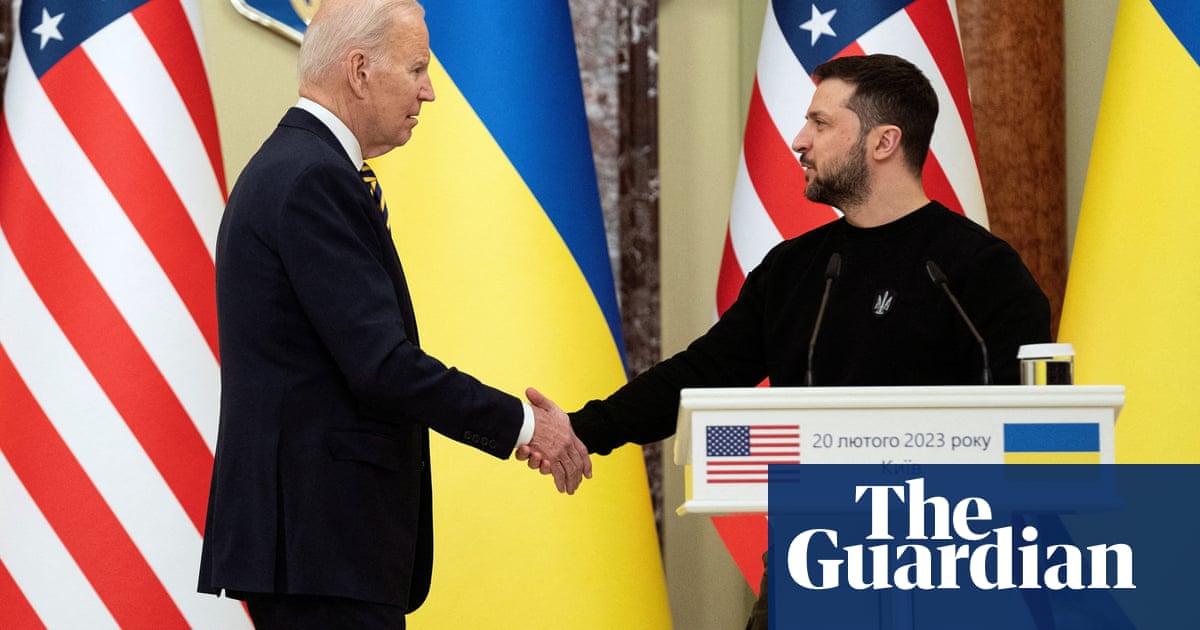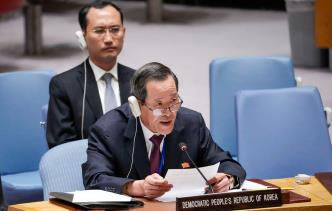
American pastor Andrew Brunson has been detained in Turkey for the past 21 months
Donald Trump threatened to impose large sanctions against Turkey in retaliation if Brunson is not allowed to return to America immediately
ANKARA: Turkey and the US are once again on the verge of a serious diplomatic crisis. This time, the dispute has been fueled by Ankara’s decision not to allow Andrew Brunson, an American pastor who has been detained in Turkey for the past 21 months, to return home.
US President Donald Trump threatened on Thursday to impose “large sanctions” against Turkey in retaliation if Brunson is not allowed to return to America immediately.
The pastor is originally from North Carolina, but had run a protestant church in the Aegean city of Izmir for more than 20 years when he was arrested on charges of terrorism and espionage following the failed coup in Turkey in 2016. Brunson’s next court hearing is scheduled for October, and he still faces up to 35 years in jail if he is convicted.
His detention — along with that of two Turkish employees from American missions in Turkey arrested on similar charges — has been a symbol of the fraught relationship between the two NATO members.
Turkey’s decision to move Brunson from prison and place him under house arrest did little to appease tensions, as the American government quickly affirmed that it would only be satisfied by his immediate return to the US. Trump spoke to his Turkish counterpart Recep Tayyip Erdogan by phone earlier on Thursday.
US Vice President Mike Pence also issued an ultimatum to Ankara during a three-day conference on religious freedom, tweeting: “If Turkey does not take immediate action to free Pastor Andrew Brunson and send him home to America, the United States will impose significant sanctions on Turkey until this innocent man of faith is free.”
Congress also piled on the pressure. A Senate committee unanimously approved the Turkey International Financial Institutions Act (TIFA) bill, which will restrict billions of dollars in loans to Turkey and end US financial support of Turkish projects. The House of Representatives is expected to adopt another loans restriction bill this week.
Ankara’s reaction to Washington’s public assault was bullish. Turkey’s Foreign Minister Mevlut Cavusoglu tweeted, “No one dictates (to) Turkey. We will never tolerate threats from anybody.” Meanwhile, presidential spokesperson Ibrahim Kalin called the US administration’s language “unacceptable.”
“We are talking about not one but two sanctions policies from the US to Turkey,” said Ozgur Unluhisarcikli, Ankara director of the German Marshall Fund of the United States. “One, related to Turkey’s S-400 purchase, could end up with the US taking Turkey out of the F-35 fighter jet consortium and not selling any technologically advanced weapons to Turkey. The other, related to Pastor Brunson, could end up with the US blocking Turkey’s access to credit from some international organizations, including the IMF,” he told Arab News.
According to Unluhisarcikli, the combination of the two would represent the harshest sanctions ever imposed by the US on Turkey — including the arms embargo that followed the Cyprus War, imposed by Congress in 1974 as a consequence of Turkish military intervention on the island.
“One could assume that in such a situation the fine that the US Treasury would impose on Turkey’s majority-state-owned Halk Bank over the violation of US sanctions against Iran would also be higher rather than lower,” he added.
“These developments would trigger a vicious cycle that could lead to a weakened Turkey (whose ties to the West have already loosened) looking elsewhere for support,” said Unluhisarcikli, adding that this would not be in the best interests of Turkey, America or NATO, but would instead benefit NATO’s enemies.
“That things have come this far demonstrates the extent of the distrust between the US and Turkey, and how vulnerable that relationship has become,” he said.
Nicholas Danforth, a senior policy analyst at the Bipartisan Policy Center’s National Security Project, said newfound support from the executive branch makes the enactment of the measures proposed by Congress much more likely.
“There could also be sanctions targeting specific Turkish government officials involved in Brunson’s arrest under the Global Magnitsky Act,” he told Arab News.
According to Danforth, following a flurry of high-level statements from both sides yesterday, Brunson’s case has now become a test of wills in which it will be hard for either side to back down.
“Even if or when a formula is finally found to quietly resolve this, the damage to the US-Turkish relationship will remain, complicating already thorny discussions over Syria’s province of Manbij, Iran sanctions, and Turkey’s purchase of S-400s from Russia,” he noted.
Ankara and Washington recently endorsed a roadmap for the northern Syrian city of Manbij to resolve their dispute over the region where Turkish and American soldiers have started independent patrols.












